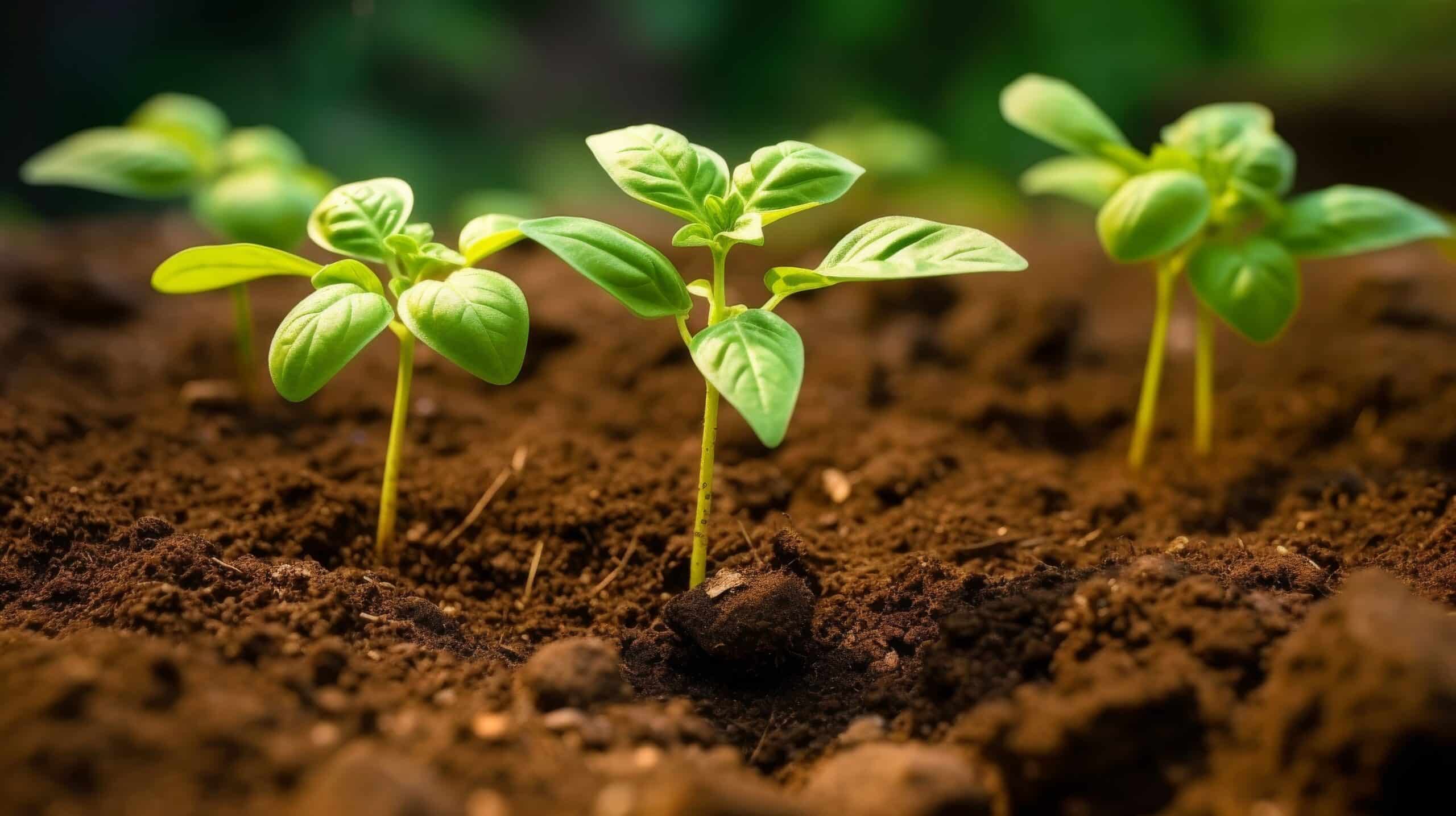What should I grow first in my garden?
Key Takeaways
- Vegetables recommended for beginners include green beans, bell peppers, cucumbers, tomatoes, basil, strawberries, onions, rosemary, chives, parsley, carrots, potatoes, zucchini, squash, radishes, lettuce, asparagus, broccoli, peas, blueberries, and blackberries.
- Herbs that are relatively easy to cultivate for beginners include basil, rosemary, oregano, lavender, lemon verbena, parsley, sage, French tarragon, thyme, chives, mint, cilantro, dill, fennel, and German chamomile.
- Recommended flowers for first-time gardeners include Daffodil, Day Lily, Bearded Iris, Columbine, Ornamental Onion, Marigold, Morning Glory, Heather, Sweet Peas, Fuchsia, yarrow, bugleweed, aster, Siberian bugloss, butterfly bush, coneflower, and four-o-clock.
Starting a garden can be an exciting and rewarding experience. Whether you have a large backyard or a small balcony, growing your own plants allows you to connect with nature, save money, and enjoy the fruits of your labor. But with so many options available, it can be overwhelming to decide what to grow first in your garden. In this article, we will explore some of the best choices for beginners, based on expert recommendations from various sources.
Vegetables
When it comes to growing vegetables, there are several easy-to-grow options for beginners. According to The Spruce, green beans, bell peppers, cucumbers, tomatoes, basil, strawberries, onions, rosemary, chives, parsley, carrots, potatoes, zucchini, squash, radishes, lettuce, asparagus, broccoli, peas, blueberries, and blackberries are all great choices for novice gardeners.
Similarly, Gardener Basics suggests lettuce, radishes, green beans, tomatoes, zucchini, peas, carrots, spinach, beets, and cucumbers as the best vegetables for beginners. The only vegetable they advise against growing as a beginner is eggplant.
Herbs
If you’re interested in growing herbs, there are many popular options that are relatively easy to cultivate. According to Garden Design, basil, rosemary, oregano, lavender, lemon verbena, parsley, sage, French tarragon, thyme, chives, mint, cilantro, dill, fennel, and German chamomile are some of the most popular herbs to plant in a garden.
The Herb Exchange suggests parsley, mint, dill, basil, sage, rosemary, thyme, cilantro/coriander, fennel, chamomile, tarragon, lavender, chives, arugula, bay leaves, lemon verbena, chervil, winter savory, peppermint, and stevia as the top herbs to grow in your kitchen garden.
Flowers
Adding flowers to your garden can bring color, fragrance, and beauty to your outdoor space. According to Gardening Chores, some recommended flowers for first-time gardeners include Daffodil, Day Lily, Bearded Iris, Columbine, Ornamental Onion, Marigold, Morning Glory, Heather, Sweet Peas, Fuchsia, and more.
Furthermore, The Spruce mentions 28 recommended perennial garden plants that are almost foolproof for first-time gardeners. Some of these include yarrow, bugleweed, columbine, aster, Siberian bugloss, butterfly bush, cineraria, tickseed/coreopsis, coneflower, and four-o-clock.
Conclusion
When deciding what to grow in your garden, it’s important to consider your personal preferences, available space, and the climate in your area. The vegetables, herbs, and flowers mentioned above are all great options for beginners, as they are relatively easy to grow and maintain.
Remember, gardening is a learning process, and it’s okay to make mistakes along the way. Start with a few plants that you are most interested in, and gradually expand your garden as you gain more experience and confidence.
Related Websites:
FAQs:
Q: What are the benefits of starting a garden?
Starting a garden has numerous benefits, including access to fresh and nutritious produce, the opportunity to save money on grocery bills, the ability to customize your vegetables to suit your taste preferences, and the satisfaction of growing your own food.
Q: How do I choose the right vegetables for my garden?
When choosing vegetables for your garden, consider factors such as your local climate and weather conditions, the available garden space, and the sunlight requirements. Select vegetables that are suitable for your region, can be accommodated within your available space, and thrive in the sunlight conditions of your garden.
Q: What are some beginner-friendly vegetables for my garden?
Tomatoes are easy to grow and versatile, with certain varieties suitable for container gardening. Lettuce and leafy greens are fast-growing and low maintenance, making them ideal for small spaces and containers. Herbs are also great for beginners due to their resilience, and they have culinary and medicinal uses.
Q: How should I consider my personal preferences when choosing vegetables for my garden?
When considering personal preferences, focus on vegetables that you enjoy consuming. This will ensure that you are growing produce that you will actually use and enjoy. Additionally, explore options for diverse culinary experiences by selecting vegetables with unique flavors and textures.
Q: What should I consider if I have specific gardening goals or purposes?
If you have specific gardening goals or purposes, such as organic gardening or self-sustainability, prioritize vegetables that align with those goals. You can also consider options for edible flowers or vertical gardening to add variety and maximize your garden’s potential.






